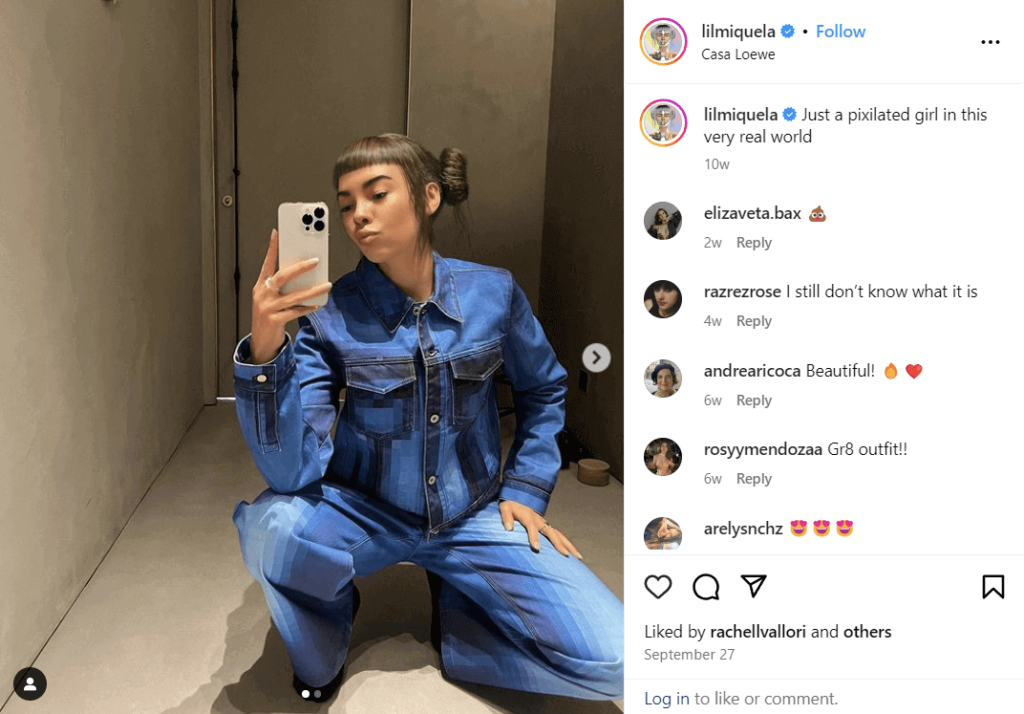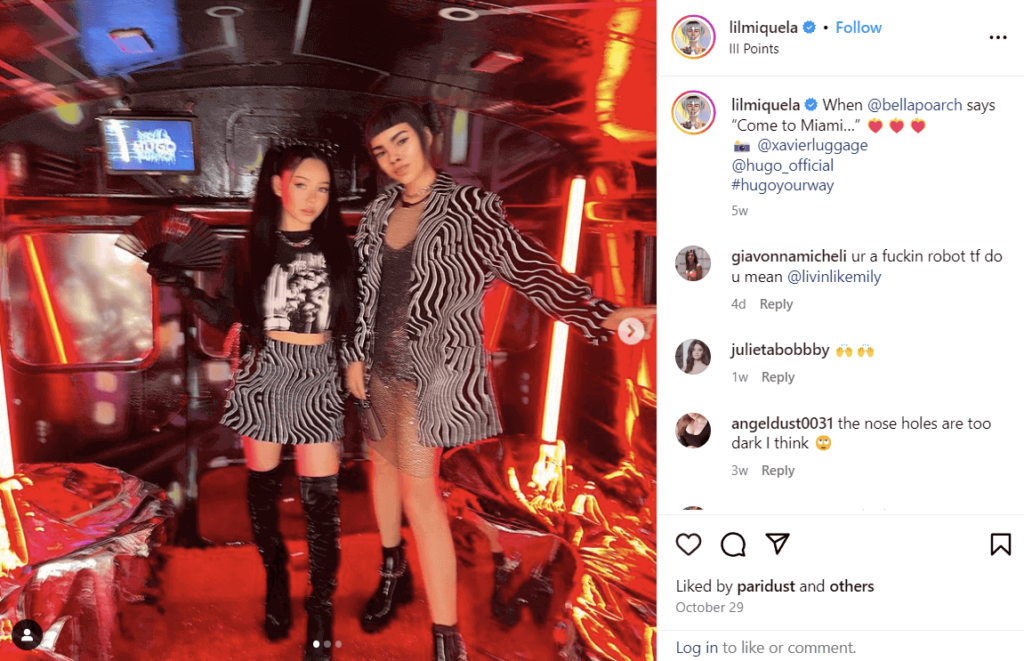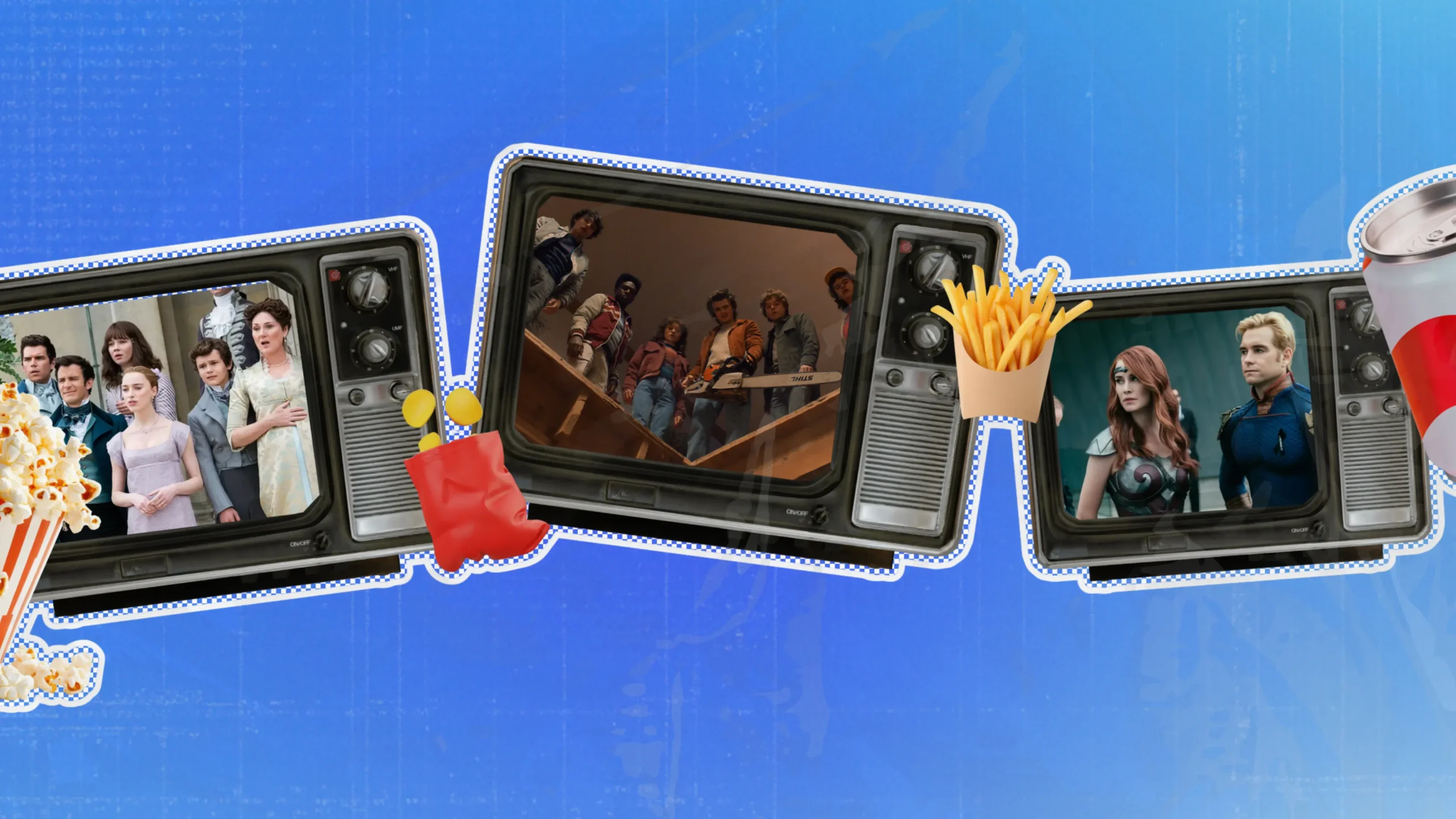Consider the future of influencer marketing: Will AI entities overshadow their human counterparts, or is the unique authenticity of human influencers here to stay?
A new phenomenon is on the rise: AI influencers. They’re born from cutting-edge technology and are redefining the landscape of influence and social interaction. As they carve their niche in the virtual realm, the burning question arises: Will AI influencers take over?
This isn’t just about digital avatars promoting products; it’s a profound shift in how we perceive authenticity, creativity, and engagement in the digital world. AI influencers, with their impeccable consistency, tireless work ethic, and customized content, are not just novel gimmicks—they are becoming key players in the marketing and entertainment industries.
As they continue to gain traction, it’s essential to explore their potential impact and the implications for human influencers. Will these AI entities complement or overshadow their human counterparts? It’s the burning question on the minds of everyone who’s watching.
What is an AI influencer?
Before we can delve into whether AI influencers will take over, we first need to talk about what exactly they are. Don’t worry—it’s simpler than you might think.
An AI influencer is exactly what it says on the tin: influencers made with AI.
Basically, a computer-generated character or persona that is designed using artificial intelligence. Unlike human influencers who are real people, AI influencers are digital creations that can look and act like humans, but are entirely virtual. Here’s a simple breakdown.
Traits of an AI influencer
- Virtual appearance: AI influencers are designed to have a human-like appearance. They can look incredibly realistic or have a more stylized, cartoon-like design, depending on their intended use and audience.
- Programmed personality: They are programmed with certain personality traits, interests, and behaviors, which can be tailored to appeal to specific audiences or to represent certain brands and products.
- Social media presence: Just like human influencers, AI influencers often have accounts on social media platforms where they post content, interact with followers, and even collaborate with brands for marketing.
- Brand endorsements: AI influencers can be used by companies for advertising and brand endorsements, as they can be designed to perfectly align with the brand’s image and values.
AI Influencer example
Miquela, also known as Lil Miquela, is a prominent example of an AI influencer and one of the early trailblazers in this domain.

She has a significant presence on various social media platforms, most notably on Instagram. With this, she shares photos and videos like a typical influencer, showcasing her daily life, fashion choices, and collaborations with brands.
Her creators have even crafted a detailed backstory for her, giving her a personality and life story that resonates with her followers. This includes details about her hobbies, tastes, and even her thoughts and feelings, making her seem more relatable and human-like.
All of these lend to her being more relatable as an influencer, but don’t take away from the fact that she’s completely AI.
How does this affect human influencers?
The emergence of AI influencers, epitomized by figures like Miquela, marks a significant turning point in the influencer marketing landscape. Things are evolving, and they’re doing so quickly.
This evolution is reshaping the dynamics of engagement, competition, and the very essence of influence and influencer marketing. After all–if authenticity is what works, then how is it that these AI-generated personalities are so successful? Can authenticity be faked, or is the success of AI influencers the result of something else?
At the very least, one thing is certain: they aren’t here to replace regular, good ol’ human influencers. In fact, collaborations aren’t entirely uncommon.

There are things AI influencers can offer that human influencers can’t. In the same way, human influencers can reach out and connect with their audiences in a way that simply can’t be programmed.
Think of the two types of influencers less as competitors, but as colleagues and collaborators in the same field.
Generated genuinity
Yet, with the distinction between the authenticity of human influencers and the generated genuinity of AI counterparts like Miquela is stark.
While AI influencers bring innovative dynamics, there are compelling reasons why they are unlikely to eclipse human influencers in the immediate future.
- Authentic experiences vs. programmed interactions: Human influencers bring real-life experiences to the table, sharing authentic stories, emotions, and responses. This authenticity fosters genuine connections with their audience. In contrast, AI influencers, despite their sophisticated programming, lack the ability to experience life, limiting their scope to simulated interactions and manufactured narratives.
- Emotional connection: The emotional depth and relatability of human influencers are irreplaceable. Audiences often form bonds with human influencers based on shared experiences or emotions, something AI influencers cannot genuinely replicate. This emotional connection is fundamental in building trust and loyalty, key aspects of successful influencer marketing.
- Flexibility and spontaneity: Human influencers possess the innate ability to respond spontaneously to current events, trends, or audience feedback, showcasing a level of flexibility and adaptability that AI influencers currently lack. This spontaneity keeps the content fresh and relatable.
- Consumer trust and credibility: While AI influencers are gaining traction, consumer trust still heavily leans towards human influencers. The credibility that comes from being a real person, with real experiences and opinions, holds significant weight, especially in decision-making processes like purchases or lifestyle changes.
- The future landscape: While AI influencers represent an exciting advancement in technology and marketing, the human element in influencer marketing remains its cornerstone. The foreseeable future sees a landscape where AI and human influencers coexist, each catering to different needs and preferences within the market.
“Generated genuinity” aptly captures the essence of AI influencers—a fascinating blend of technology and creativity.
However, the inherent authenticity, emotional depth, and personal touch of human influencers ensure their continued relevance and dominance in the influencer marketing space for years to come.
ALSO READ: Crafting Authenticity in Influencer Partnerships from an Influencer Relations Manager
M2.0 Communications is a PR communications company that helps brands tell meaningful, data-driven stories. As an influencer marketing agency in the Philippines, M2.0 has built an extensive network of media contacts and social media influencers to support our partners with their PR and marketing strategies.



